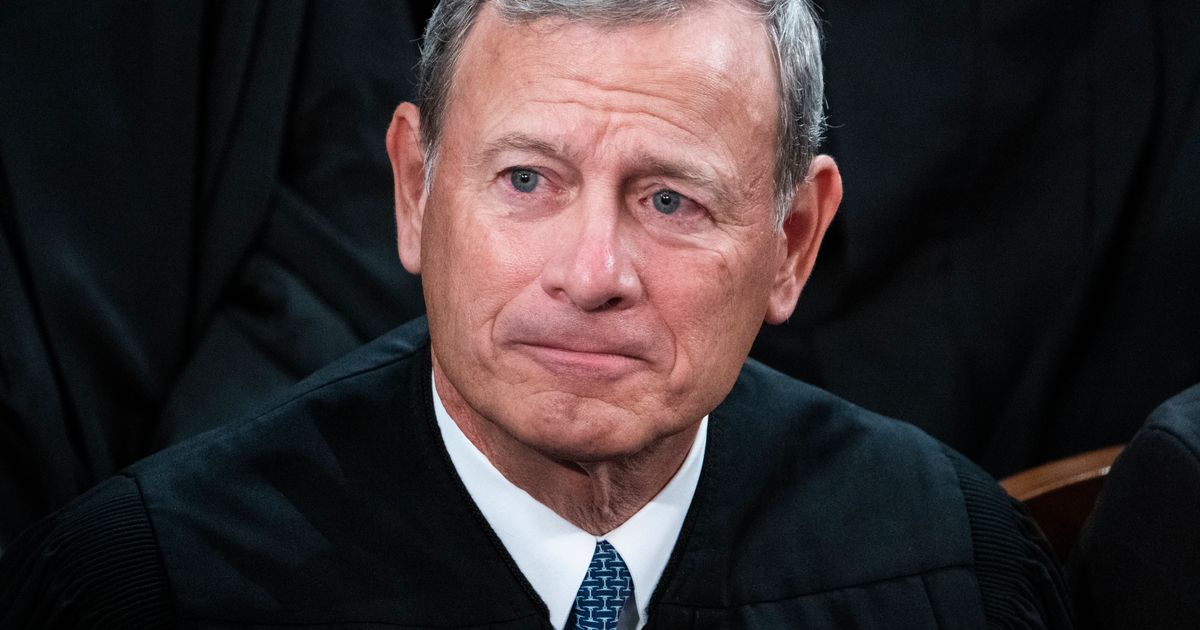Key takeaways:
- The Supreme Court’s decision to reject affirmative action in higher education has been met with sharp criticism from two of the court’s liberal justices.
- The ruling is likely to reshape how higher education institutions across the country consider applicants, as colleges and universities can no longer use race as a factor in admissions.
- Civil rights groups have criticized the decision, arguing that it will limit opportunities for students of color and further entrench existing inequalities in higher education.
The Supreme Court’s decision to reject affirmative action in higher education has been met with sharp criticism from two of the court’s liberal justices, Sonia Sotomayor and Ketanji Brown Jackson. The ruling is likely to reshape how higher education institutions across the country consider applicants, as colleges and universities can no longer use race as a factor in admissions.
The court’s conservative majority invalidated the race-conscious admissions programs at Harvard College and the University of North Carolina, finding them to be unconstitutional. However, the decision did not apply to military academies, suggesting that there could be value in using race to diversify the U.S. military’s officer corps.
In response to the ruling, NAACP President Derrick Johnson said, “The Supreme Court has failed America.” He argued that the decision will make it more difficult for students of color to access higher education, and that the ruling will have a negative impact on diversity in higher education.
The decision has been met with criticism from civil rights groups, who argue that it will limit opportunities for students of color and further entrench existing inequalities in higher education. They have called on Congress to pass legislation to protect affirmative action in higher education.



Be First to Comment